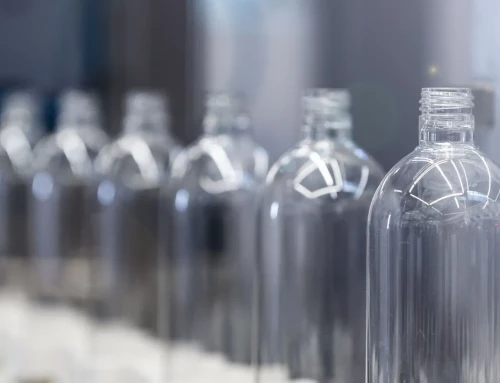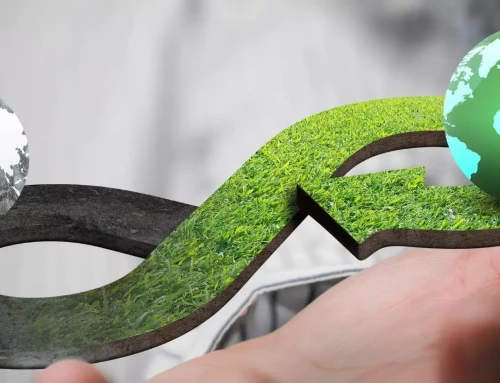Image by Gerd Altmann from Pixabay
Plastics can fight climate change
Plastics have become essential components of products and packaging because they’re durable, light weight, versatile and economic. But though they offer numerous benefits, most plastics originate from fossil resources and emit significant amount of greenhouse gases in the process of making them.
While switching the process of making plastics to renewable energy may reduce green house gases of plastics by 50%, this is still not enough considering the increased use of plastics.
When developing solutions, it’s important to think critically about the materials that will reduce the impact of plastics on our planet. One of the fundamental shift that needs to happen is to look for renewable feedback for making plastics instead of making them from fossil resources.
Using renewable resources to make plastics is important as it has the greatest potential to sequester carbon that has been captured during the growth of the renewable source (e.g. bamboo) that will potentially offset the carbon emissions during the use and rest of the lifecycle of the plastic material and product.
At Spectalite, our biocomposites are made with crop-waste and fast-renewables from farm, factory and forest. These do not result in tree felling and hence preserve biodiversity. Further, this approach creates a positive socio-economic impact while addressing the ecological problem fundamentally.






